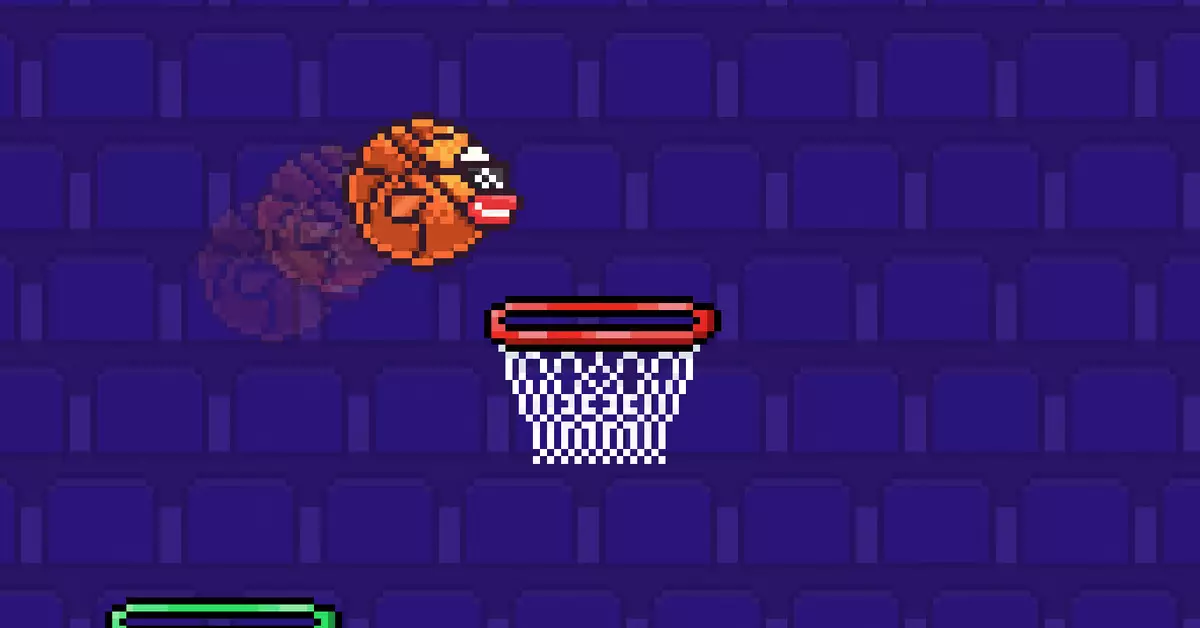Last week, the tech world was abuzz with excitement over the announcement of a new game from The Flappy Bird Foundation. This heralded the return of “Flappy Bird,” a title synonymous with mobile gaming nostalgia. However, the situation took a curious twist as the original creator, Dong Nguyen, publicly distanced himself from the project, stating that he had no involvement in the latest iteration. This development raises important questions about authorship, legacy, and the commercialization of beloved gaming properties.
Originally released in 2013, Flappy Bird skyrocketed to fame, only to be yanked from app stores by Nguyen himself shortly thereafter. The abrupt removal, attributed to the overwhelming response and potential burnout, left players longing for what could have been. Now, as The Flappy Bird Foundation claims to have acquired the rights from Gametech Holdings, an intriguing narrative unfolds—one that involves trademark disputes and the complexities of game ownership.
Gametech’s involvement begs further scrutiny. It filed to oppose Nguyen’s trademark for Flappy Bird, an indication of the ongoing tension surrounding rights and ownership in the gaming industry. The challenges faced by developers like Nguyen highlight the ongoing struggles within creative markets, where ideas can often be hijacked by larger entities. Despite the foundation’s nostalgic marketing, invoking sentiments of the game’s past, the actual connection to Nguyen has become murky at best.
Adding another layer to this story is the potential integration of cryptocurrency elements in the new game. Cybersecurity expert Varun Biniwale uncovered hints within the Flappy Bird website, suggesting the game’s future could align with Web 3.0 technologies. References to the blockchain and user engagement through gameplay mechanics like “staking” indicate a shift in how games might operate moving forward. This not only reflects broader trends in digital landscapes but raises questions about whether such mechanics enhance or detract from the gaming experience.
With gaming increasingly tied into the fabric of blockchain technology, the implications for players, developers, and rights holders become more complex. Flappy Bird’s return, albeit a controversial one, might serve as a microcosm of a larger industry trend—one where nostalgia meets the cutting-edge development of interactive experiences.
As this saga unfolds, the anticipation surrounding Flappy Bird’s new release is palpable. However, the questions that loom larger than the game itself involve trust, authenticity, and the essence of what makes a gaming experience meaningful. Will players embrace this new rendition, or will they shun it for the original’s integrity? As the landscape of gaming continues to evolve, it remains crucial for consumers to navigate the waters of corporate interests versus genuine creator connections, ensuring that the spirit of gaming isn’t sacrificed at the altar of commercialization. The legacy of Flappy Bird, now complicated by business maneuvers and technological advancements, will be a telling case study as the industry moves forward.


Leave a Reply